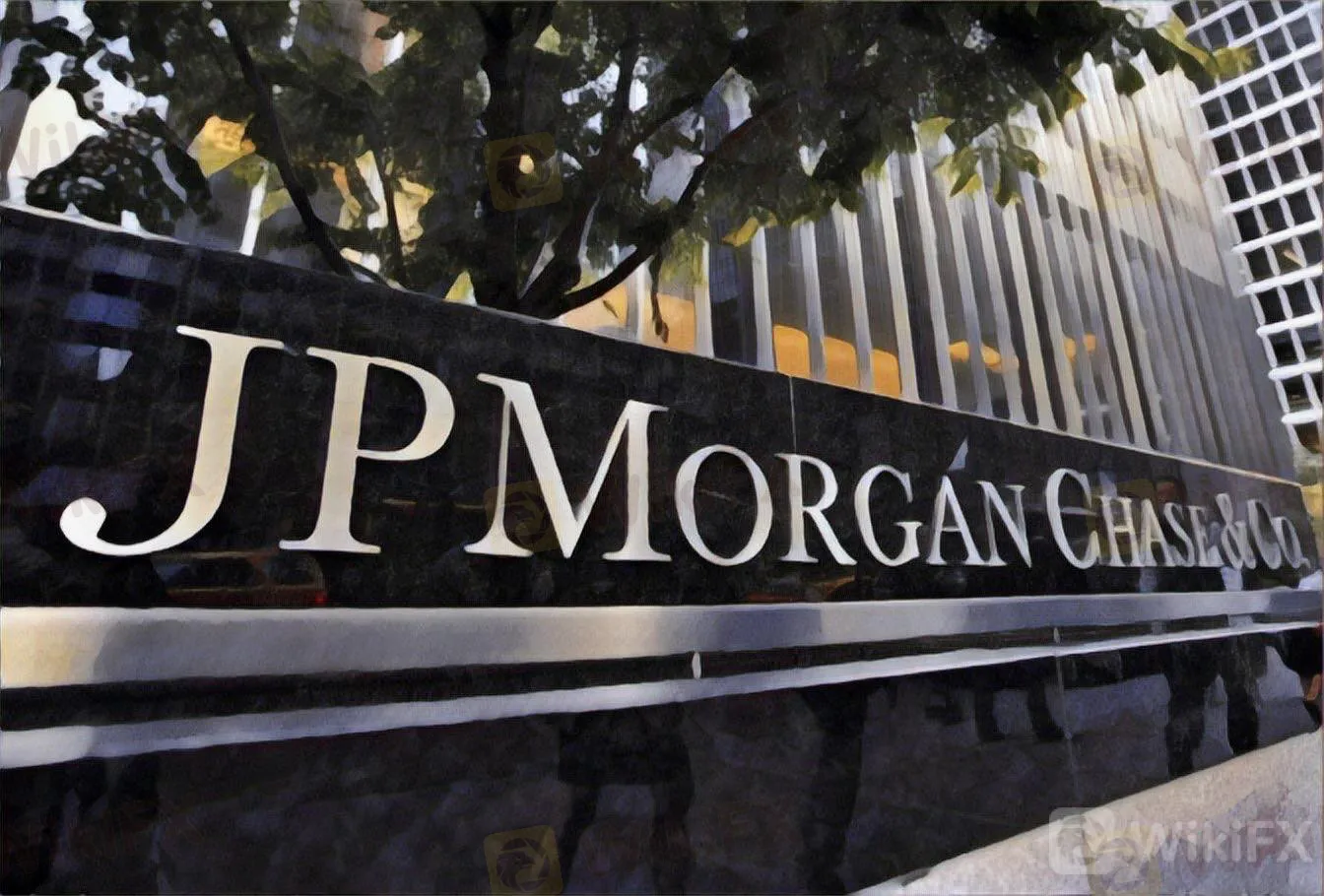简体中文
繁體中文
English
Pусский
日本語
ภาษาไทย
Tiếng Việt
Bahasa Indonesia
Español
हिन्दी
Filippiiniläinen
Français
Deutsch
Português
Türkçe
한국어
العربية
Wall Street Sees the Dimmest Earning Season in History
Abstract:On April 14th, JP Morgan Chase and Wells Fargo released the first quarter earnings report, which kicked off the Wall Street banking earnings season.
On April 14th, JP Morgan Chase and Wells Fargo released the first quarter earnings report, which kicked off the Wall Street banking earnings season. Financial reports showed that profits of these 2 companies fell by 69% and 89% respectively.
JP Morgan CEO Jamie Dimon said in the financial report that the company's relevant performance has been very good, but considering the possibility of a serious economic recession, the company accrued a huge amount of US$6.8 billion bad debt provisions in the first quarter, resulting in a total of US$8.29 billion bad debt provisions, which has grown more than 4 times year-on-year. Wells Fargo increased its bad debt provisions by US$3.6 billion in the first quarter, and its overall provisions totaled US$4.76 billion.

Subsequently, Bank of America, Citigroup, Goldman Sachs, BlackRock and Morgan Stanley all disclosed their first-quarter financial reports. Unsurprisingly, due to the impact of the coronavirus pandemic, the net profits of the above companies all experienced various degrees of decline, the largest reaching 46%. In response to a possible severe economic recession, Citigroups bad debt provisions in the first quarter reached 4.893 billion US dollars, a significant increase of 243.6 times compared with the same period last year.
On the other hand, it is worth noting that despite the severe impact of the pandemic on the market, the trading departments of large banks recorded the strongest performance in years. As the market volatility has increased significantly, the rising transaction volume has also boosted commissions. The Goldman Sachs Groups debt investment division recorded its best quarterly performance in five years, with revenue of nearly US$3 billion. Bank of America's stock trading department recorded US$1.7 billion in revenue, setting a quarterly revenue record.

The US Securities Regulatory Commission Chairman Clayton had previously stated that we will see a special earnings season. According to Refinitiv IBES data, in light of the extensive shock of global pandemic to the economy in the first quarter, analysts currently predict that corporate earnings will decline by 8.1% compared to the same period last year.
The coronavirus pandemic is still full of uncertainties, and many companies listed on US stock market have withdrawn their earnings guidance recently. As of now, nearly one hundred companies at least have issued warnings of negative earnings in the first quarter. Since the pandemic only began to affect the US economy in March, deeper impacts and more severe challenges are still awaiting Wall Street.
For more financial information and forex market updates, please visit WikiFX official website or download WikiFX App.
Disclaimer:
The views in this article only represent the author's personal views, and do not constitute investment advice on this platform. This platform does not guarantee the accuracy, completeness and timeliness of the information in the article, and will not be liable for any loss caused by the use of or reliance on the information in the article.
WikiFX Broker
Latest News
Two Californians Indicted for $22 Million Crypto and NFT Fraud
RM62k Lost Investment Scam After Joining XRP Community Malaysia on Telegram
Victims of Financial Fraud in France Suffer Annual Losses of at Least €500 Million
WikiFX Review: Is Ultima Markets Legit?
Colorado Duo Accused of $8M Investment Fraud Scheme
What Impact Does Japan’s Positive Output Gap Have on the Yen?
Macro Markets: Is It Worth Your Investment?
Trading is an Endless Journey
SEC Warns on Advance Fee Loan Scams in the Philippines
Malaysia Pioneers Zakat Payments with Cryptocurrencies
Currency Calculator


